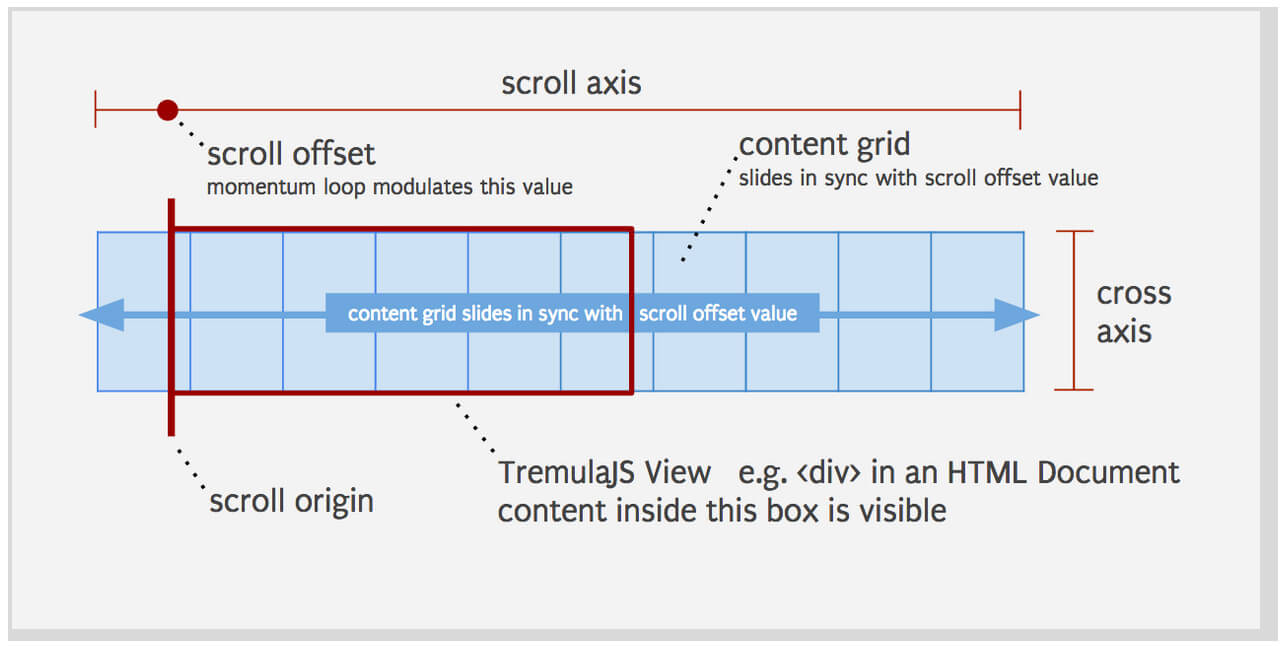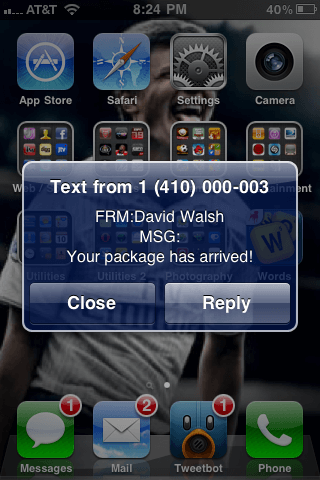Feature Detection and Function Efficiency within JavaScript
Efficiency in code execution is incredibly important, especially when the given function is used repeatedly. You often see repeated function calls within JavaScript frameworks. When you work on said frameworks, you need to ensure you've hit ever micro-optimization possible. One micro-optimization you can make is running conditionals before you create a function, instead of each time the function runs. Let me illustrate a basic example.
The Bad
The following would be considered inefficient:
function something() {
if('something' in obj) {
// something
}
else {
// fallback
}
}
The code above is inefficient because the conditional is run upon each call of the function. Let's do better!
The Good
Instead of running the conditional check within every function call, run the conditional before setting the function:
var something = ('something' in obj) ? function() {
// something
} : function() {
// fallback
};
This pattern is especially applicable when using feature detection -- i.e. the value of the conditional never changing. Of course the conditional evaluation is fast but why calculate easy conditionals more than once? You shouldn't, of course. Keep this pattern in mind when creating your own frameworks -- don't repeat code!





Mind blown. Keep forgetting functions can be used as objects and can be assigned like that.
I don’t find this applicable in a fair number of situations.
A fairly common example: what if I call this function in several places in my code? I mostly find it better to check for support in the function itself.
Also, I often like to think that it is more the functions job to check for support.
Calling your function in several places is the exact reason David’s solution is an improvement.
If you call function “something” three times in your code, your method would try to detect the feature each time.
David’s solution only checks the feature once, and the function is defined based on the result of the detection. So if you call “something” three, four, or twenty times in your code, you’ve only needed to check for the feature the one time.
I would consider using a conditional instead of the ternary operator, specially if the functions aren’t too short:
var something; if('something' in obj){ something = function(){ // something }; } else { something = function(){ // fallback }; }Awesome, consider it adopted :)
I’m getting mixed results (I may be doing this wrong).
http://jsperf.com/nrd-feature-detection
@Martin: I think the tests should be that. You define function only once, and then you call them multiples time. In the first test, you test in the function everytime the function is called, in the second test you test only once when the function is defined.
However, it doesn’t give any benefit regarding the jsperf:
http://jsperf.com/nrd-feature-detection/2
I personally prefer the use of the ternary, when used as an assignment like in this particular pattern I think it’s a little easier to read than the IF block.
I’ve used the following to do this
var myFunction = (function () { var detectedFeature // do your feature detection here return function () { if (detectedFeature) { doStuff(); } else { doAlternateStuff() } }; }());Instead of returning a function with conditionals inside, return a function based on conditionals.
var myFunction = (function(){ var detectedFeature; // do your feature detection here if(detectedFeature){ return function(){ //feature detected, return a function and end the function doStuff(); } } return function(){ //feature not detected, return a fallback function doAlternateStuff() } })();